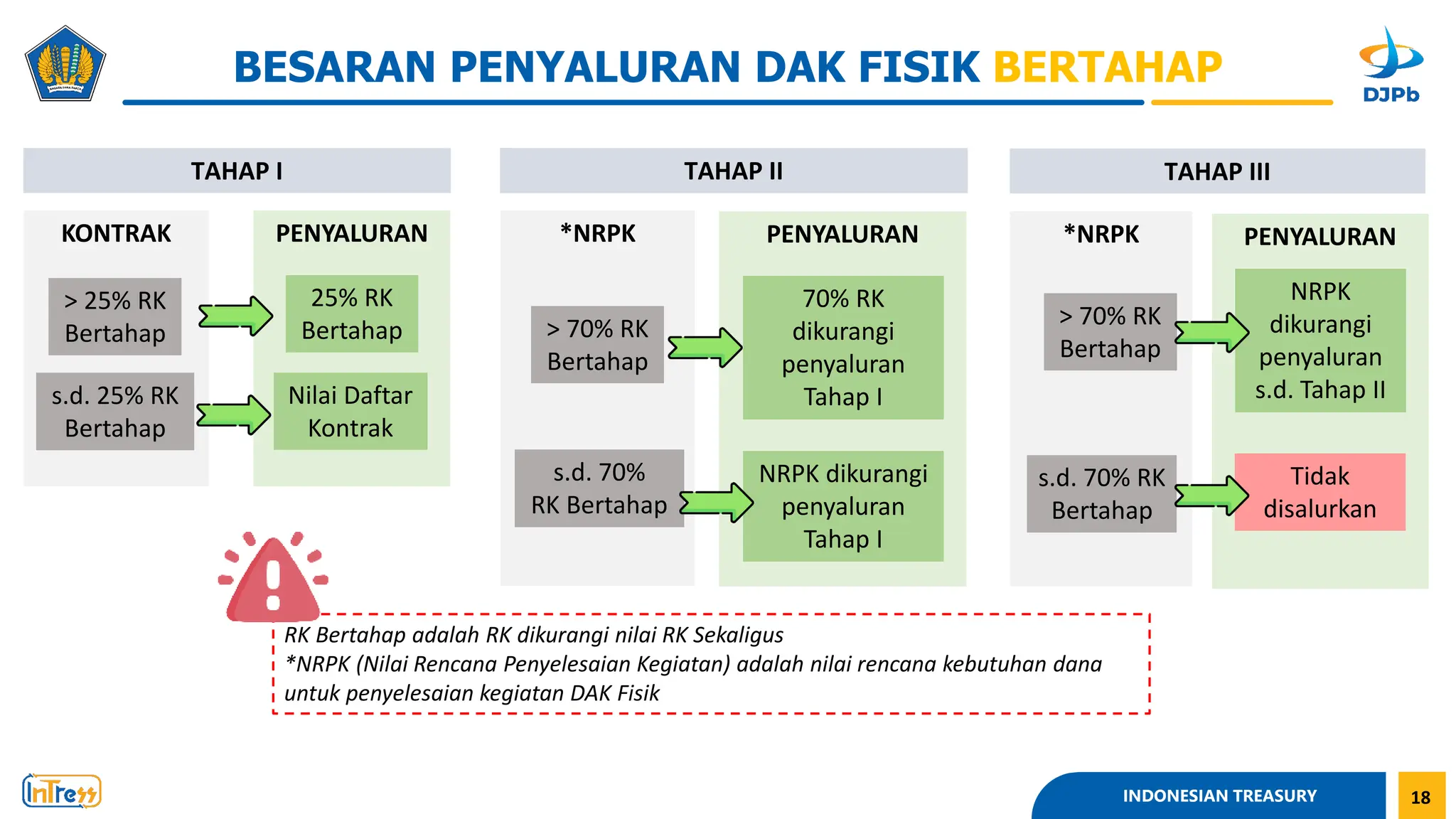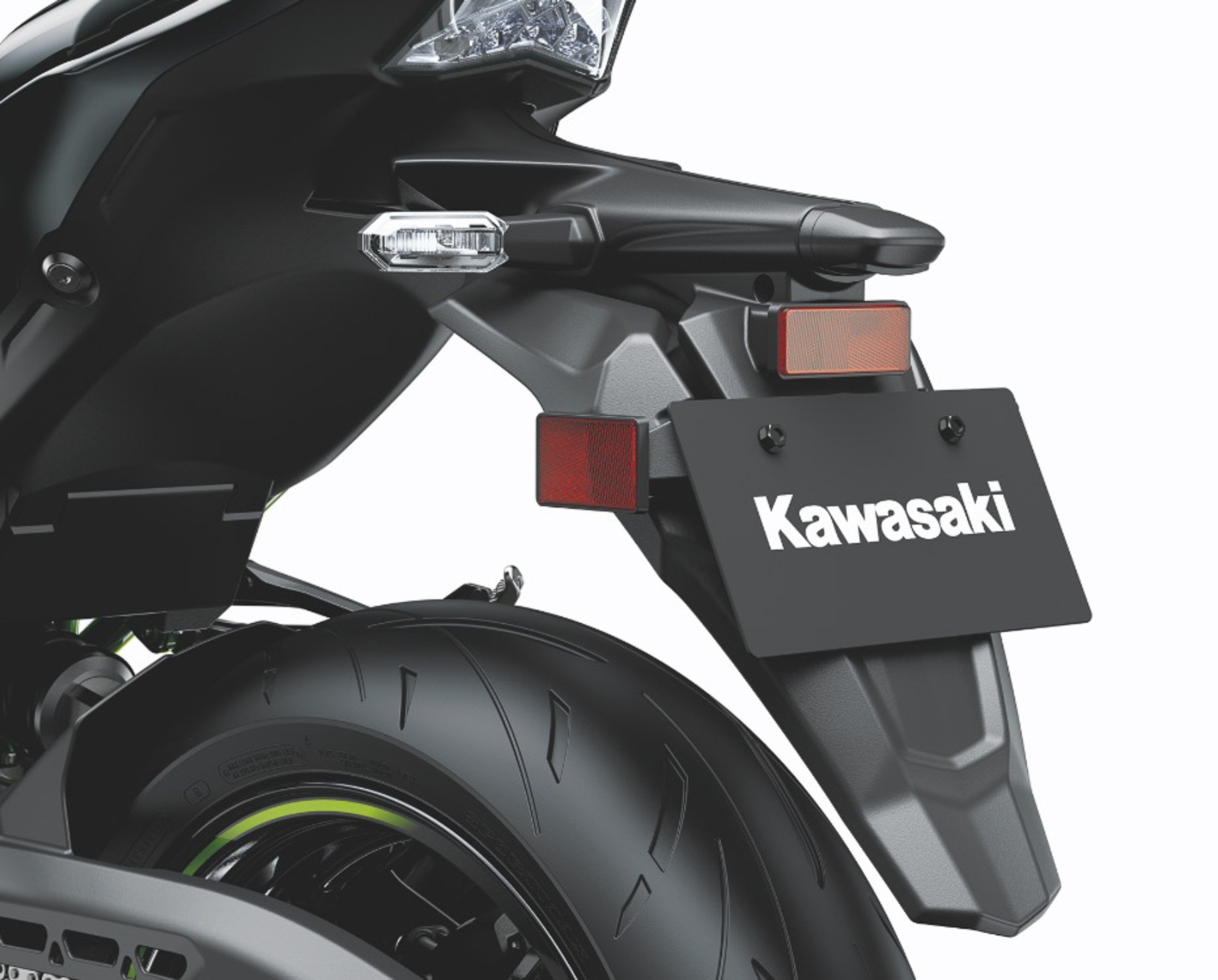How To Avoid And Treat Bali Belly During Your Trip To Bali

Table of Contents
Preventing Bali Belly: Proactive Steps for a Healthy Trip
Avoiding Bali belly starts long before you even set foot on Balinese soil. Proactive measures significantly reduce your risk of experiencing this unpleasant illness. Let's explore the key strategies for preventing traveler's diarrhea in Bali.
Food Safety Practices in Bali
Food safety is paramount when it comes to avoiding Bali belly. The key is to be discerning about where and what you eat.
- Choose reputable restaurants: Opt for establishments that are busy and have a high turnover of food. This indicates freshness and reduces the risk of food sitting out for extended periods.
- Avoid risky foods: Steer clear of raw or undercooked dishes, especially seafood, salads, and street food unless you are absolutely certain it's been thoroughly cooked. Undercooked meat and seafood are common culprits for causing Bali belly.
- Peel it yourself: When it comes to fruit, peel it yourself or choose pre-packaged options to avoid potential contamination.
- Bottled water only: Always drink bottled water and avoid ice cubes unless you're confident about their source. Tap water in Bali is generally not safe for consumption.
- Say no to tap water: Absolutely avoid tap water for brushing your teeth or making ice. Stick to bottled water for all your hydration needs.
Hygiene Habits to Minimize Risk
Maintaining excellent hygiene is another crucial step in Bali belly prevention. These simple habits can make a big difference:
- Frequent handwashing: Wash your hands frequently with soap and water, particularly before eating, after using the restroom, and after touching potentially contaminated surfaces.
- Hand sanitizer: Carry hand sanitizer with you and use it when soap and water aren't readily available. Alcohol-based sanitizers are highly effective.
- Avoid touching your face: Resist the urge to touch your face, especially your eyes and mouth, as this can easily transfer germs.
- Be mindful of what you touch: Be cautious about what you touch, avoiding surfaces that may be contaminated, like door handles or shared utensils.
Pre-Trip Preparations for a Stronger Immune System
Boosting your immune system before your trip can help your body better fight off any potential pathogens.
- Prioritize rest: Get plenty of rest in the weeks leading up to your trip. A well-rested body is better equipped to handle stress and illness.
- Healthy eating: Maintain a healthy and balanced diet rich in fruits, vegetables, and whole grains.
- Probiotic supplements: Consider taking probiotic supplements to improve your gut health. However, it's crucial to consult your doctor before starting any new supplements.
- Pack essential medications: Pack over-the-counter medications such as anti-diarrheal medication (like loperamide) and anti-nausea medication. Always consult your doctor or pharmacist before taking any medication.
Recognizing and Treating Bali Belly Symptoms
Knowing the symptoms of Bali belly is crucial for early intervention. Early diagnosis and appropriate treatment can significantly reduce the duration and severity of the illness.
Common Symptoms of Bali Belly
Bali belly symptoms typically include:
- Diarrhea: Frequent, loose, watery stools.
- Nausea and vomiting: Feelings of sickness and the urge to vomit.
- Stomach cramps: Painful spasms in the abdomen.
- Fever: Elevated body temperature.
- Dehydration: Symptoms like dizziness, dry mouth, and decreased urination.
First Aid and Home Remedies
If you suspect you have Bali belly, here are some first-aid measures and home remedies that can help:
- Rest: Get plenty of rest to allow your body to recover.
- Hydration: Drink plenty of fluids, especially oral rehydration solutions (ORS) to replace lost electrolytes.
- Avoid solid foods: Avoid eating solid foods until your symptoms subside. Stick to clear broths or liquids.
- Over-the-counter medication: Over-the-counter medications like loperamide can help control diarrhea, but always consult a doctor or pharmacist before taking them. Ginger ale or ginger tea can help soothe nausea.
When to Seek Professional Medical Attention
While many cases of Bali belly are mild and resolve on their own, some situations require immediate medical attention:
- Severe dehydration: Signs include excessive thirst, dizziness, rapid heart rate, and decreased urination.
- Bloody diarrhea: This could indicate a more serious infection.
- High fever: A persistent high fever warrants medical evaluation.
- Persistent vomiting: Inability to keep down fluids can lead to dangerous dehydration.
- Symptoms lasting longer than a few days: If your symptoms persist beyond a few days, seek professional medical help.
Bali Belly Prevention and Treatment: Choosing the Right Insurance
Having comprehensive travel insurance is crucial for peace of mind when traveling, especially in situations where medical care might be needed.
- Medical expense coverage: Ensure your travel insurance policy covers medical expenses, including potential hospitalization and evacuation.
- Comprehensive coverage: Choose a provider that offers comprehensive coverage for traveler's illnesses, including Bali belly.
- Policy details: Read your policy carefully to understand what's included and any exclusions.
- Adventure travel insurance: Consider a policy designed for adventure or backpacking trips, which often includes more extensive coverage for medical emergencies in remote locations.
Conclusion
Bali belly can unfortunately dampen your Balinese adventure, but with proper preparation and awareness, you can significantly reduce your risk. By following the preventative measures outlined above and knowing how to recognize and treat the symptoms, you can enjoy a healthy and unforgettable trip to this beautiful island. Remember to prioritize food safety, practice good hygiene, and don't hesitate to seek medical attention if your symptoms are severe. Plan ahead and protect yourself – enjoy your Bali trip without the dreaded Bali belly! Take control of your health and experience the best of Bali!

Featured Posts
-
 Unclaimed E1 Million Lotto Jackpot Winners Location Revealed
May 28, 2025
Unclaimed E1 Million Lotto Jackpot Winners Location Revealed
May 28, 2025 -
 Kaupallinen Yhteistyoe Lainaa Korkeiden Korkojen Aikaan Loeydae Edullisempi Laina Lainanvertailulla
May 28, 2025
Kaupallinen Yhteistyoe Lainaa Korkeiden Korkojen Aikaan Loeydae Edullisempi Laina Lainanvertailulla
May 28, 2025 -
 Cuaca Ekstrem Di Jawa Timur Hujan Petir Dan Prakiraan 29 Maret 2024
May 28, 2025
Cuaca Ekstrem Di Jawa Timur Hujan Petir Dan Prakiraan 29 Maret 2024
May 28, 2025 -
 Full List 7 Players Amorim Wants Manchester United To Sign
May 28, 2025
Full List 7 Players Amorim Wants Manchester United To Sign
May 28, 2025 -
 6 Kabupaten Prioritas Gubernur Koster Tetapkan Mekanisme Penyaluran Bkk Untuk Program Strategis
May 28, 2025
6 Kabupaten Prioritas Gubernur Koster Tetapkan Mekanisme Penyaluran Bkk Untuk Program Strategis
May 28, 2025
Latest Posts
-
 Kawasaki W175 Vs Honda St 125 Dax Perbandingan Mesin Dan Performa
May 30, 2025
Kawasaki W175 Vs Honda St 125 Dax Perbandingan Mesin Dan Performa
May 30, 2025 -
 Harga Lebih Murah Kawasaki Z900 Dan Z900 Se Penjelasan Komprehensif
May 30, 2025
Harga Lebih Murah Kawasaki Z900 Dan Z900 Se Penjelasan Komprehensif
May 30, 2025 -
 Kawasaki Z H2 Spesifikasi Harga Dan Alasan Ketiadaan Di Indonesia
May 30, 2025
Kawasaki Z H2 Spesifikasi Harga Dan Alasan Ketiadaan Di Indonesia
May 30, 2025 -
 Keterjangkauan Kawasaki Z900 Dan Z900 Se Di Indonesia Studi Kasus
May 30, 2025
Keterjangkauan Kawasaki Z900 Dan Z900 Se Di Indonesia Studi Kasus
May 30, 2025 -
 Adu Mekanik Kawasaki W175 Vs Honda St 125 Dax Mana Yang Lebih Baik
May 30, 2025
Adu Mekanik Kawasaki W175 Vs Honda St 125 Dax Mana Yang Lebih Baik
May 30, 2025
